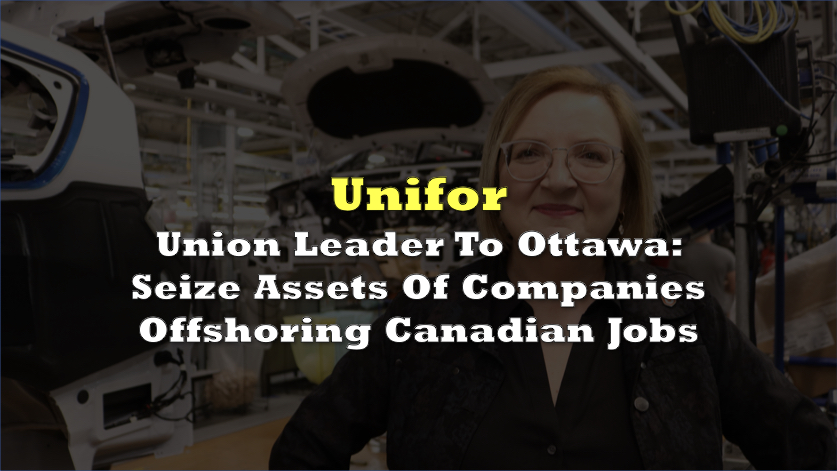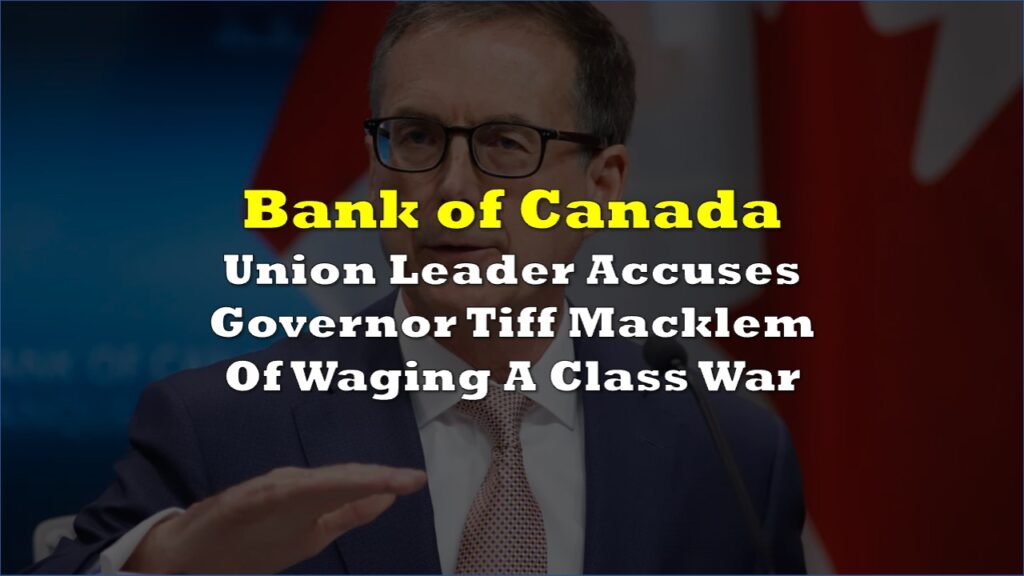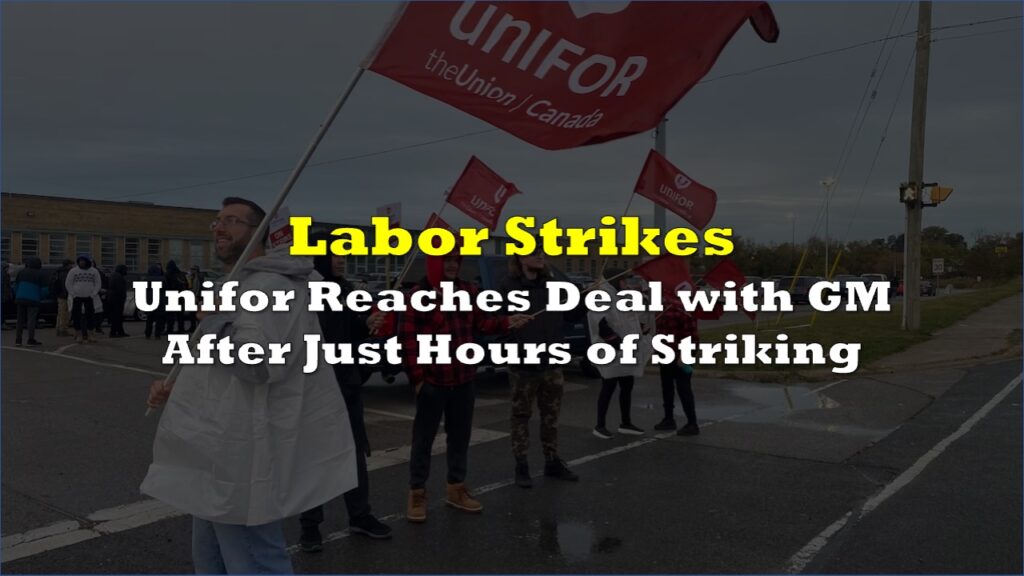Canada’s largest private-sector union is pressing Ottawa to wield a little-used Cold War–era law to punish companies that offshore Canadian jobs.
In a letter to Prime Minister Mark Carney, Unifor National President Lana Payne urged the federal government to invoke the Foreign Extraterritorial Measures Act “to fine and seize the assets of companies that move production out of Canada to avoid US tariffs.”
Payne warned that “the consequences for offshoring jobs must be real, enforceable, and immediate,” and called for updating FEMA’s outdated penalties and expanding its scope to include asset seizure and import restrictions.
🚨🚨BREAKING – ITS LIKE CASTRO'S CUBA
— Tablesalt 🇨🇦 (@Tablesalt13) May 20, 2025
Unifor President Lana Payne calls on the Federal government to use the Foreign Extraterritorial Measures Act (FEMA)
TO FINE AND SEIZE THE ASSETS OF companies
that move production out of Canada to avoid U.S. tariffs. pic.twitter.com/ci7LVes8BF
FEMA, enacted in 1985, empowers the attorney general to prohibit Canadian businesses from complying with foreign measures that harm Canadian trade or sovereignty. Under current law, moving production abroad in response to foreign trade measures can attract fines up to $1.5 million for corporations and up to five years’ imprisonment for individuals.
Payne argued that “the maximum $1.5-million fine is clearly not going to be enough,” and urged amendments to impose heavier fines and “the ability to seize assets of companies” that offshore Canadian investment and jobs.
Unifor Director of Research Angelo DiCaro noted that FEMA has “never been used in the context of a trade war,” calling it “almost tailor-made to the situation we face” as US tariffs bite.
Auto sector employers have already begun scaling back Canadian operations: GM plans to cut one of three shifts at its Oshawa assembly plant this fall, affecting 700 workers directly and some 1,500 more indirectly; Ford and Stellantis have suspended or delayed electric-vehicle projects; and Honda has paused its $15 billion EV supply-chain investment.
The province of Ontario could lose up to 68,100 manufacturing jobs in 2025 if current tariff measures persist, according to the Financial Accountability Office.
Information for this briefing was found via National Observer and the sources mentioned. The author has no securities or affiliations related to this organization. Not a recommendation to buy or sell. Always do additional research and consult a professional before purchasing a security. The author holds no licenses.









